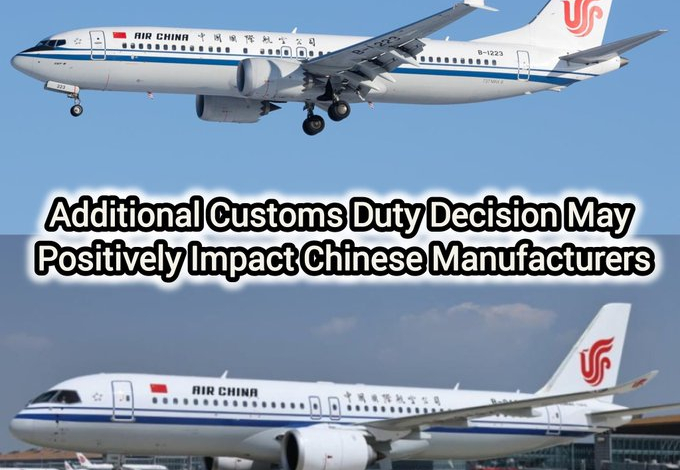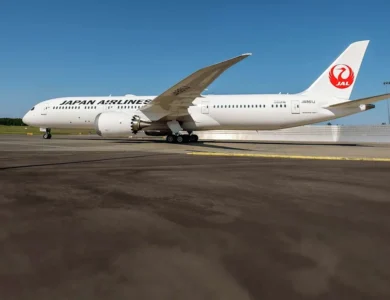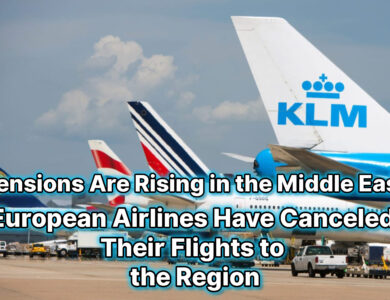
China’s decision to impose a 34% retaliatory tariff on all U.S.-origin products could shake multiple sectors, from aviation to agriculture. Boeing stands out as one of the companies most affected by this move.
The new tariffs introduced by China will make Boeing aircraft significantly more expensive compared to their European competitor Airbus and domestic manufacturer COMAC. This may lead Chinese airlines to reconsider their fleet planning strategies.
During the initial U.S.-China trade war, Beijing had not directly imposed tariffs on Boeing. However, following two fatal crashes involving the 737 MAX 8 — flights #ET302 and #JT610 — both safety concerns and rising tensions in U.S.-China relations led to a major decline in aircraft deliveries after 2019.
Although the import ban on Boeing was lifted in January 2024, deliveries only resumed fully around six months later.
Between 2025 and 2027, China’s three major carriers — Air China, China Eastern Airlines, and China Southern Airlines — are scheduled to receive 45, 53, and 81 Boeing aircraft respectively. However, the new retaliatory tariffs may increase the costs of these deliveries and put the entire process at risk.



